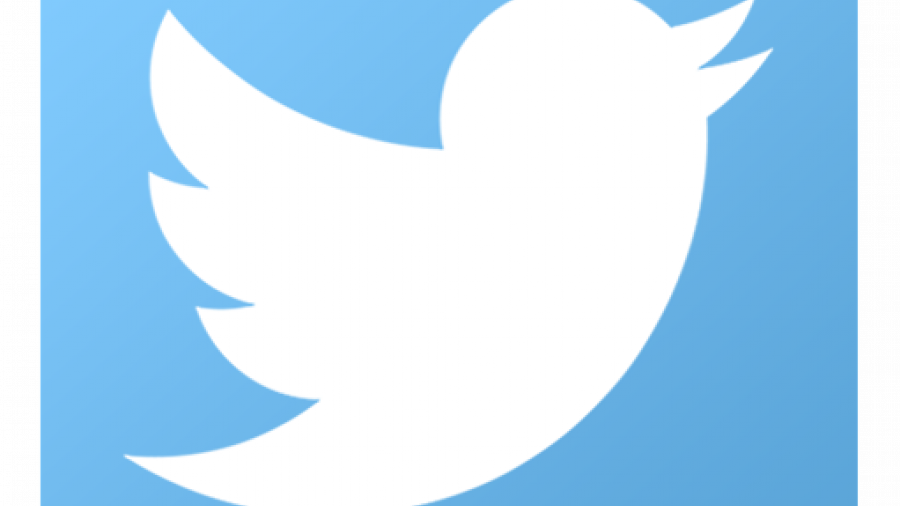New Press Fellows arrive at Wolfson


Let us shine a light on tips and tools to support your research process.This week: social media for researchers.

Twitter, Facebook, blogs, Instagram, YouTube and more, are used by millions of people every day to highlight the prosaic in their lives. Why then would you want to use them for research purposes? An informed researcher is both consumer and producer of information. Social media fits into that model allowing for a two-way conversation about research data, processes, practices and findings. There is no one way to engage. In fact, there are three ways you can use it: as a methodology, to keep up to date, and for promotional purposes. Here we’ll mainly focus on Twitter and cover other tools in subsequent posts.
Social Media are prime sources for sociological research. Every day you can observe the views of people from all around the world on key issues that directly affect their lives, whether day-to-day or on topics that are news-worthy. This crowd-sourced data is open and freely available, although there are of course significant ethical issues that you need to consider when reusing it. It is easy to gather this data using software such as Hootsuite (free personal version) or TweetDeck. In addition, you can directly interact with the creators (though they don’t have to respond of course).
You can also follow non-governmental organisations, government departments, high profile figures etc., to ensure you keep abreast of new developments and official reactions to them. Twitter enables you to gather all this information in one place, rather than checking the ‘news’ section of numerous websites. And of course you can legitimately use social media in your written work. Check out Cite Them Right to find out how to refer to it in your departmental style.
There are endless ways of keeping up to date in your field by interacting with Social Media. You can follow an individual academic to track their views and activity, a conference hashtag – especially useful if you can’t attend in person, or a journal title/editorial board to find out about new publications. As well as following those that lead the field, you can also join a community of like-minded peers, with hashtags such as #phdlife, and share the highs and lows of your experience. Critically, you can use the networks of others (who they follow and who follows them) to see who best to connect with next.
You can also create a buzz around your research by posting developments in your research. Consider carefully what needs to remain confidential, but in general you can tweet about the process of studying for a PhD, events you attend, talks you deliver and work that you publish. If it is Open Access, then even better – you will increase the visibility of your work to a community of interested scholars. Link to a profile (on your departmental webpage or LinkedIn) and remember to put a link to your Social Media channels on your email signature to help people connect with you.
Social media will also help you reach a more diverse audience than academia, especially useful if you want your research to have a societal impact.
There is so much information available to you in this way, that it can become overwhelming, and it can be very time consuming reading material as well as trying to generate your own. You might want to be selective to begin with and see which debates interest you the most. When you are ready to start interacting, try and keep up that activity, especially is you want others to follow you. It best to do one form of social media well, rather than several badly. Thinking about using another tool (such as Hootsuite or TweetDeck) to manage your social media is also a good idea.
You also need to consider what you post online and who it will be seen by. Look at our tab on Developing a Digital Footprint to explore some of these issues in great depth. And if it all gets too much, don't forget that there are tips for managing you Digital Wellbeing on the LibGuide too.
While you can just observe what is going on via these platforms, to really benefit you will want to become an active user too. For more information, look at our guides on using both Twitter and blogs for research, watch the Moore Library’s videos about getting started with Twitter or using it for your research or contact Wolfson Library to chat about it in more detail.







